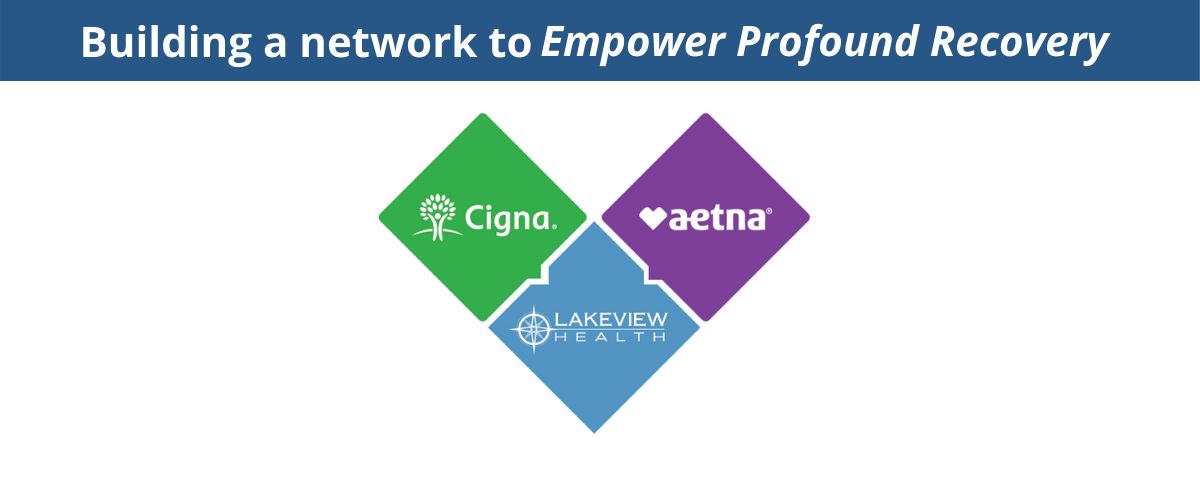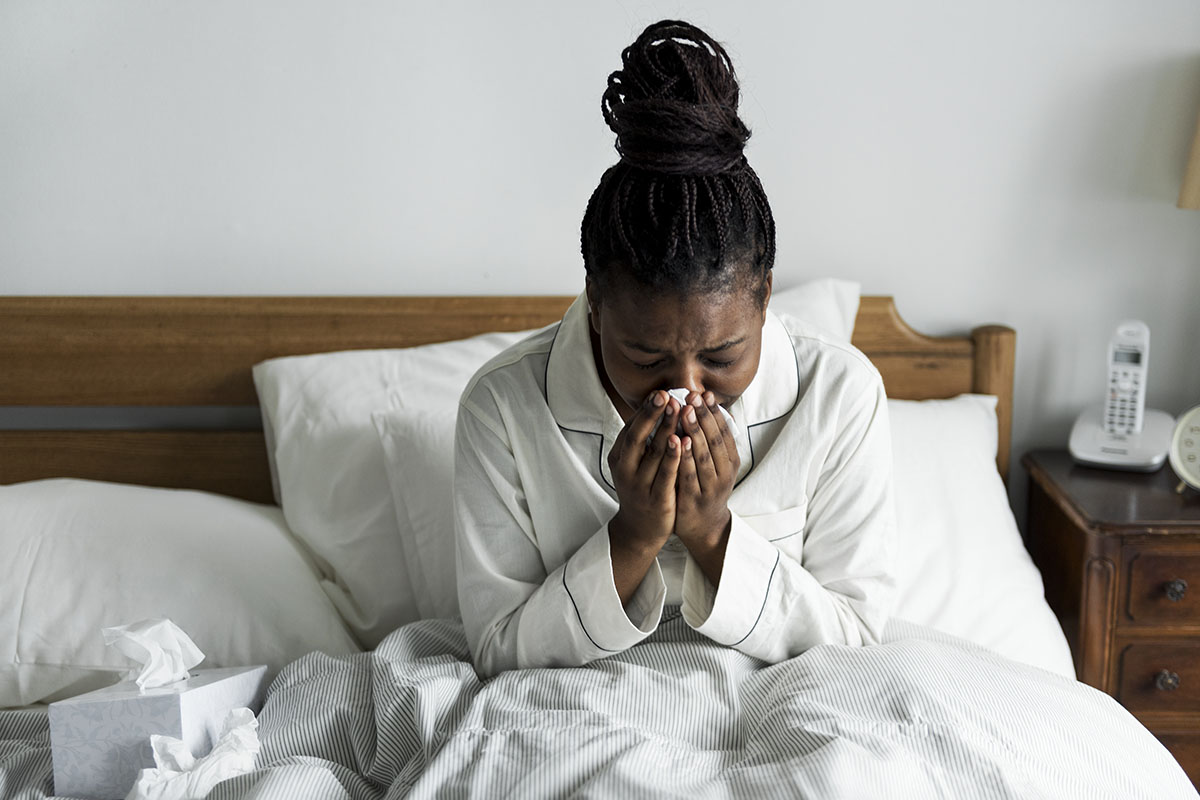Photo by Esmerelda Jade / CC BY-SA 4.0
Six years after shutting down most of the infamous pill mills, central Florida is going through another killer drug crisis. For many years, Interstate 75 was a notorious conduit for prescription drug trafficking, which earned the route the nickname “Oxy Express.” In hospitals along I-75—which runs from Miami to Naples and then north via Tampa—emergency room visits for prescription drug overdoses were a daily occurrence. After Florida Governor Rick Scott cracked down on the pill mills, the situation seemed to improve for a while. With a few exceptions, doctors were barred from dispensing narcotics and addictive medicines in their offices or clinics. As a result, doctors’ purchases of oxycodone, which reached over 32 million doses in the first six months of 2010, fell by 97 percent in the same period a year later. Unfortunately, limiting the supply of drugs only goes so far, and the measure provided only a temporary respite to the addiction crisis. Without access to opioid pain relievers, many users switched to heroin. Pinellas County Sheriff Bob Gualtieri told the Tampa Bay Times that the crisis requires more than just law enforcement. “This needs to be treated as an addiction problem, a mental health problem. We may have had great success beating back the pill mills, but all that meant is we were going to see a switch to different drugs and different dealers.’
“We now get a lot of headlines like ‘Parents Overdose on Heroin with Kids in the Backseat’ in this area, even in places like Sarasota County which is known for its culture and prosperity.”
Sitara Fraser, Lakeview Health
According to WFLA television, Sarasota County deputies reported 99 heroin overdoses and 15 deaths this year alone. Increasingly, synthetic opioids are a factor as well. The Florida Department of Health says Sarasota County ranks second in Florida for fentanyl-related deaths. Manatee County to the north also has a heroin and fentanyl problem. In 2010, only two heroin deaths were recorded in the county. By 2015, that statistic had skyrocketed to more than 200 deaths from heroin and fentanyl. In Tampa, Fraser helps local groups like the Hillsborough County Anti-Drug Alliance raise awareness of the disease of addiction and its repercussions. The drug overdose epidemic puts a strain on law enforcement and healthcare in central Florida. Fraser works closely with medical providers to connect patients with substance use disorders to appropriate treatment programs. “My job is to help patients make a quick transition to addiction treatment programs because any delay can be dangerous for them,” she says. “If they go home first, they might change their mind and relapse.” If they are a good fit for Lakeview, they are transferred to Jacksonville to begin their recovery journey. They can start or continue the medical detox program there under the supervision of professional medical staff. Therapy at Lakeview features trauma-informed care and gender responsive treatment; the integrative approach addresses all co-occurring mental conditions to achieve a lasting recovery from addiction. Many medical professionals with whom Fraser works are impressed with the modern treatment methods. Fraser also works directly with patients and their loved ones to explain all aspects of treatment at Lakeview. “We like to think of patients, their doctors, family members, and Lakeview staff as a recovery team, so we try to keep everybody on the same page,” says Fraser. “We’re way more than a rehab center with a website.”




